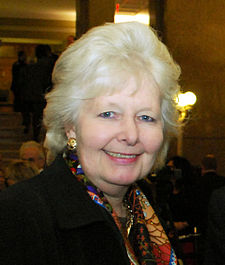
What? Marshall, Texas?
It would be nice if lawyers didn’t have to call their clients and tell them that their company had been sued for patent infringement in the Eastern District of Texas (EdTX). “Where? Where’s that?” “What, you’ve never heard of Marshall, Texas?” you reply. “Never been to Tyler, Beaumont or Lufkin? Kind of quiet evenings after the sidewalks are rolled up, but your choice of BBQ rib joints is almost endless, and traffic isn’t a problem.”
As I’ve written before EdTX has evolved into a hotbed of patent litigation, although it has cooled a bit as of late. When you’re talking to a lawyer in Boston and you learn that he or she is heading to Texas, it’s a good bet that the destination is somewhere in the Eastern District. The EdTX has assembled some frightening statistics regarding number of patent cases (large) and the success rate of plaintiffs (high).
The lawyers in that part of the country joke that they used to do PI law (personal injury), and now they do IP law (intellectual property). But, everyone has known for a while that this couldn’t last forever, and that EdTX might lose its hold on patent litigation once W left office.
Indeed, the patent reform litigation just filed in the House and Senate has the EdTX in its crosshairs. The Senate bill states (excerpted):
A party shall not manufacture venue by assignment, incorporation, or otherwise to invoke the venue of a specific district court. Venue is only proper were (a) defendant is incorporated; (b) defendant has its principle place of business; (c) where the defendant is permanently located and has committed substantial acts of infringement; or (d) where the plaintiff resides if the plaintiff is a nonprofit or individual inventor. The court should transfer venue to avoid evidentiary burdens when transfer can be accomplished without causing undue hardship to the plaintiff.
If passed, a provision like this would cut into the patent litigation industry in EdTX, and the lawyers there might have to return to PI once the cases in their pipeline run out. That may make them sad, but it will make lawyers and companies in the rest of the U.S. quite happy.


